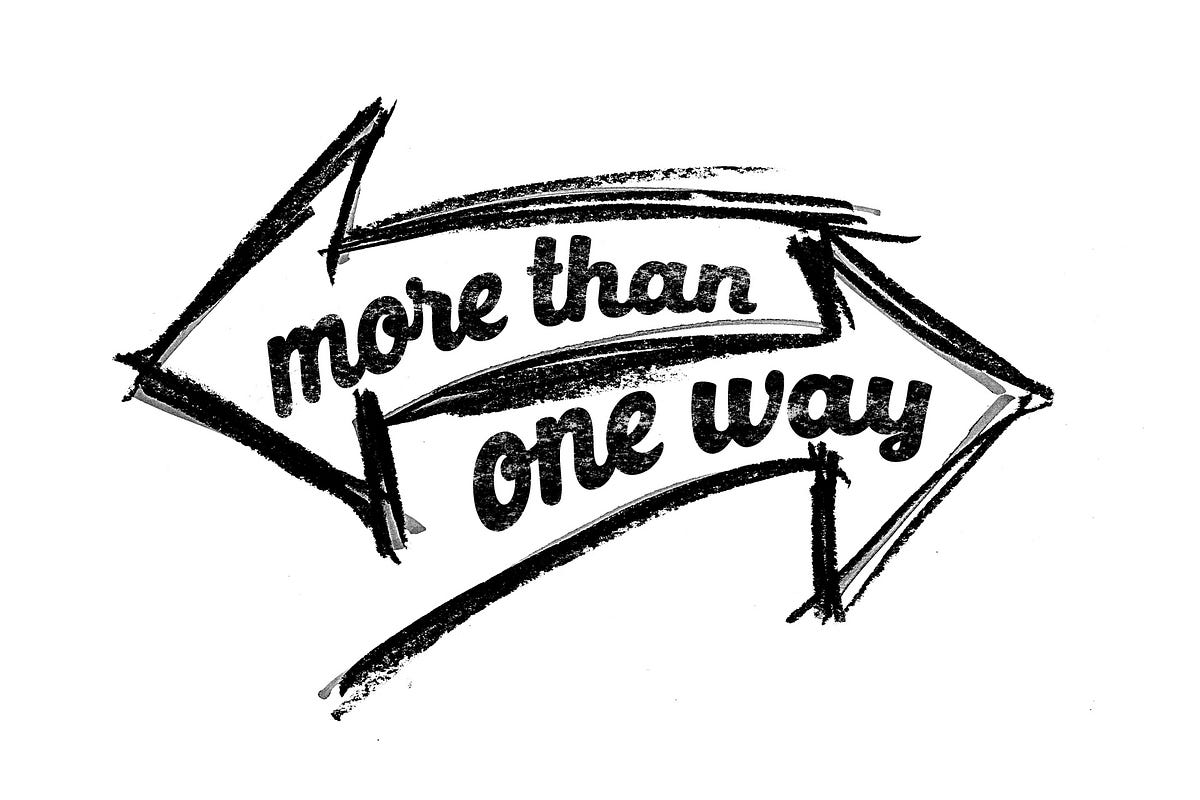
- Select a language for the TTS:
- UK English Female
- UK English Male
- US English Female
- US English Male
- Australian Female
- Australian Male
- Language selected: (auto detect) - EN
Play all audios:
My first trip to Moscow was for collecting royalties, my second trip was on an exchange program by the British Council (as I have already described in these pages). I had no intention
whatsoever to visit Moscow again. It was interesting to see mature Communism, but I did not think that further visits would broaden my perspective. Then, out of the blue, several of us at
Oxford were approached by George Soros. He had an idea. Let us encourage the Soviet Union to collapse. It wasn’t an original idea. Ronald Reagan had it before him. He had gone to his
generals and said: “how about Star Wars?” The generals were not impressed. “Mr President,” they said “that’s not feasible,” “That’s not the point,” said Reagan. “The point is that we shall
spend billions of dollars. They will try to match our effort but they will not be able to afford it. They will go bankrupt. And that will be the end of the Soviet Union.” Soros also wanted
the Soviet Union to collapse but by a different route. By the late 1980s one of the programmes of his Foundation was to choose bright young men and women from Eastern Europe to come to study
in Oxford for a year, learn what democracy is like, then go home and change the system. Three of us from the University: Zbigniew Pelczynski, a philosopher of Polish origin, Mary McAuley, a
political scientist, a native British subject, and myself, an engineer, an ex-Hungarian refugee, were to go to the Soviet Union to interview applicants. All three of us spoke some Russian.
The British Embassy in Moscow very kindly agreed to do all the necessary administration with the aid of the (Soviet) Academy of Sciences who had already accepted the scheme. At the airport
we were met by the Cultural Secretary of the British Embassy, who took us to the Ukrayna Hotel, one of Stalin’s monumental mistakes. It is a hideous gray building with 29 floors and the
shape, symmetry and decoration of a wedding cake. Once inside, the situation was not too bad. There were six lifts, all in perfect working order, disgorging at irregular intervals men and
women of all sizes and races. The rooms were small but comfortable. On the morning of the second day we met some Russian officials, who told us what kind of information we should be given
about the applicants. In the afternoon we were invited for tea at the British Embassy. The Ambassador, Sir Bryan Cartledge, put us in the picture about how Gorbachev’s reforms were working.
He did not think much of perestroika (reconstruction) but he acknowledged the big advances in glasnost (openness). He found some of the revelations amazing. When we were leaving, he told us
not to be too optimistic. “The Russians never allow outsiders to make their own selection. They will give you a list of ten people, take it or leave it.” We thanked him for his hospitality
and left. For dinner all three of us were invited to a restaurant by a Russian academic. He was a man of great charm, whose ignorance about the availability of tables in Moscow restaurants
was matched only by his inability to register the passage of time. We roved the streets of Moscow for three solid hours, queued in front of various restaurants without ever gaining
admission, and got back to the hotel hungry and exhausted at quarter to eleven. The restaurant there was still open but, alas, it was due to close in 15 minutes. Mary, who spoke the best
Russian among us, undertook the job of obtaining some food. The headwaiter said no, it was too late for a meal. Undaunted, she tackled various representatives of the kitchen hierarchy, only
to be rebuffed again and again. No, we have no cheese, no we have no milk, no, we have no butter, no, we have no bread. The last statement was manifestly untrue. Bread still abounded on some
of the deserted tables in the restaurant. “And what’s that?” she asked. The head-waiter reluctantly agreed that it was bread. “So we can have that, can’t we?” She pursued the attack
vigorously. It was her moment of triumph. She got enough bread to sustain us until the next morning. We were to meet our Russian hosts at 9am, on day three. First they led us to a big
auditorium, opened the door and let us peer in. There were rows and rows of benches filled by young men and women, stooping over sheets of papers and scribbling away furiously. I estimated
the number to be about five hundred, or maybe a little more. They all wrote essays in English, as a language test. On the morning of day four we got all the relevant information about twenty
five students on a shortlist. This was not as bad as the Ambassador had suggested. It was preselection, but still offered us the choice of ten out of twenty five. The Russian hosts were
very cooperative. They gave precise replies to all our questions, without any of the usual evasions. Two of them even told us how pleased they were that some Russian PhD candidates could
spend a year in Oxford. They wished they could go themselves. We conducted our interviews on days five and six. To help us we had references from supervisors, a CV and the essay by each of
the applicants on the shortlist. The references were of no use, because they were all very good. The essays were of no use either, because they were all very bad. So we had to rely on the
interviews. We first asked for a summary of their PhD project and after that we fired a few questions at them, such as: “When did the Second World War start?” This was a legitimate question
because Soviet textbooks tended to make the Second World War start in June 1941. How did we choose ten out of twenty five? Probably not that well, but that did not matter. They were all good
academically. I did these interviews for another four years both in the Soviet Union and in Hungary. Was it worthwhile? Well, it was good for Oxford, which gained a number of bright PhD
students. It was good for the English-speaking world because several of these Soros scholars are now professors at universities in the UK or in America. It was bad for Russia because very
few of them ever returned. Instead of spreading democracy at home (as Soros hoped), they merely contributed to the scientific output of the capitalist world. The same applied to the
Hungarian Soros scholars. They also stayed in the West. One last anecdote about one of those I interviewed in Hungary. He was at the time the leader of the youth wing of a small and moderate
Left-wing Party. We offered him a scholarship that he happily accepted. He stayed in Oxford for a few months, but returned to Hungary in time for the round table meetings where power was
shared out. He did well. Now, thirty years later, the ex-Soros scholar is the leader of a large, strongly Right-wing Party. His victory in last year’s election was partly due to George Soros
— to be precise, it was down to the outright demonisation of Soros, who was portrayed in giant posters all over the country as an unprincipled banker set on destroying the Hungarian
economy. The proof provided in favour of that statement was about as valid as Trump’s claim of the stolen 2020 election. The ex-scholar’s name was, and is, Viktor Orbán. He is, of course,
the Prime Minister of Hungary.






